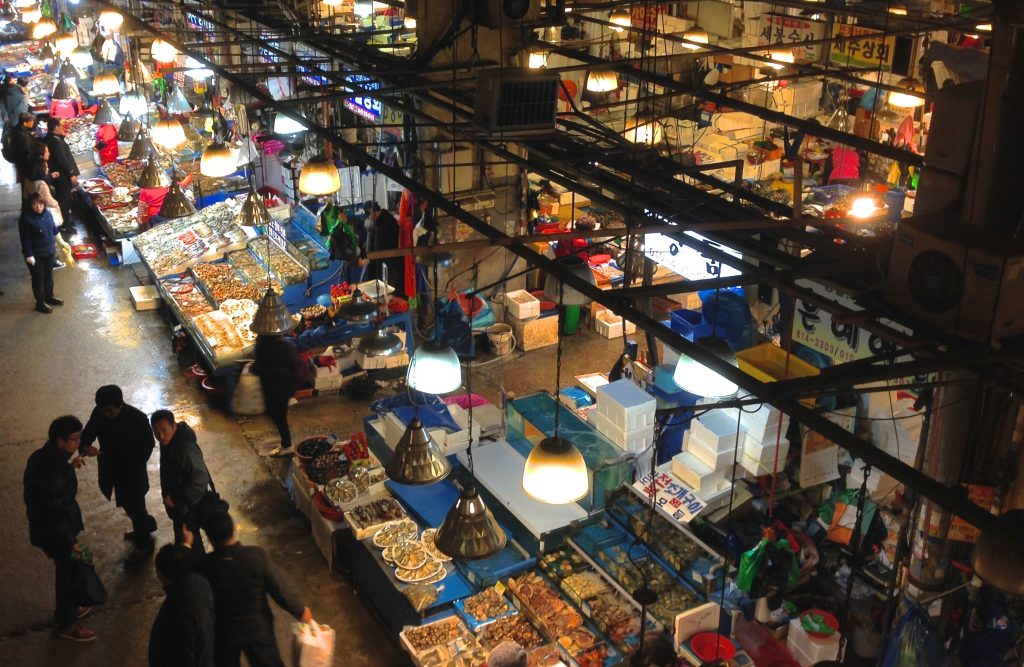New Delhi: Covid-19 has significantly impacted Indian consumers as 78 per cent of the Indian consumers said they have reduced discretionary spending, a new KPMG report revealed Wednesday.
However, 51 per cent of respondents feel that the impact of Covid-19 will be short-lived and normalcy is not far, said the report.
Consumers in tier-2 and tier-3 cities are much more optimistic than those in tier-1 cities, the findings showed.
“Our study indicates that 22 per cent consumers in tier-2 and 30 per cent consumers in tier-3 feel that their spending will either increase or remain the same as prior to COVID-19 and this could be the next focus area for retailers to expand their presence,” said Harsha Razdan, Partner and Head, Consumer Markets and Internet Business, KPMG in India.
“In the next three months, 49 per cent respondents intend to spend up to Rs 5,000, across categories which makes this the most popular basket value and indicates that consumers are cautious about spending,” Razdan added.
A comparative of pre and post Covid-19 scenario clearly showed that preference to online channels have increased 1.6 times.
The results suggest the emergence of a new consumer who is financially constrained, more advanced in their use of digital technologies, more thoughtful and selective in their decision-making, and keen to see Covid-19 as an opportunity to reset values.
The survey was conducted with 2,376 respondents across tier-1, tier-2 and tier-3 cities, amongst different spender types and age groups, between May 18-June 7.
“Consumer goods companies and retailers will need to identify ways to continue to build consumer trust and confidence going forward. As a consequence, companies will need to develop their online presence and last-mile logistics and delivery capabilities and manage supply chain hygiene across all levels,” Razdan said.
“With the advent of a strong digital wave, it will be important for companies to adapt to the situation quickly and continue to innovate keeping consumers at the centre of their plans.”
(IANS)
